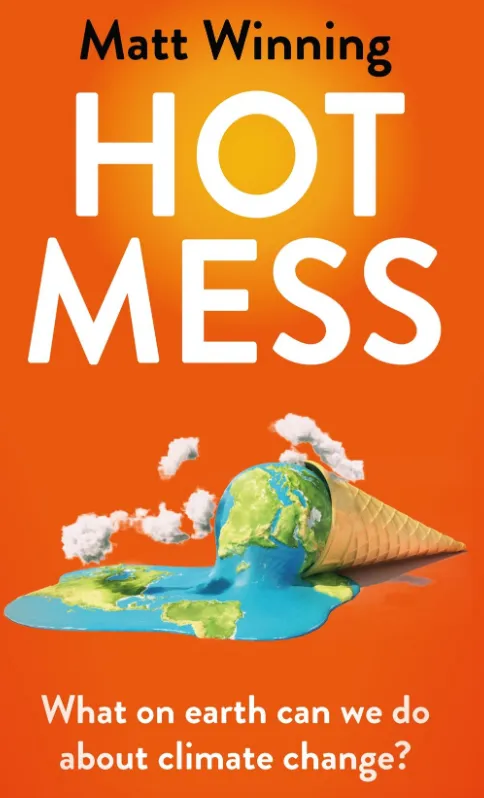Our carbon footprint
Craig Shearer - 27th June 2022
This weekend I took a look at the FutureFit website. This site is designed to make people aware of their carbon footprint - the amount that their household is contributing to climate change through Greenhouse gas emissions.
The site has a relatively simple questionnaire which leads you through to a final figure that gives your approximate total of tCO2e emitted.
The tCO2e measure is the number of metric tons (tonnes) of CO2 or equivalent gases emitted. By equivalent, it takes into account all greenhouse gases - including for example methane, nitrous oxide, and various fluorocarbons. Each of those gases has different warming effects compared to CO2, but they also have different profiles as to how long they last in the atmosphere, and how they’re generated.
I ran through the questionnaire, and despite my household doing a bunch of things that reduce my emissions (we have an EV, we work from home, we have solar panels on the roof, we heat the house with a heat pump, and have a heat pump hot water system, and we don’t eat red meat that often) my household emissions were well in excess of the average. It turns out my household earns too much money. That, unfortunately, is one of the key predictors of emissions - you earn more, and you tend to buy more stuff, or travel more. I personally know people who are extremely wealthy, and do amazing trips to far-off places that most people would consider to be a once-in-a-lifetime event. I guess the more you have, the more you want.
The website is useful in making people aware of their consumption. We’re not going to solve the climate change problem by individual actions, but every little bit helps, and my philosophy is that it’s better to be informed and adjust behaviours where you can rather than remain ignorant.
On the climate change issue, I’m currently reading a book that I discovered through the UK Skeptics website - Hot Mess, by Dr. Matt Winning, a Scottish comedian and environmental economist.

This is available on Amazon.
I like the book - it gives a down to earth perspective on what we can do about climate change, interspersed with his experiences of the birth of his first child, and the worries around that. The book is quite UK-centric, which is to be expected, but contains ideas that are generally applicable worldwide.